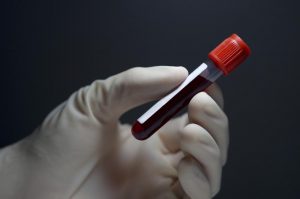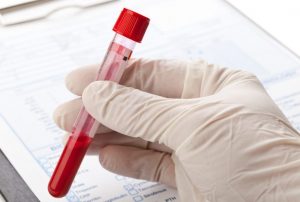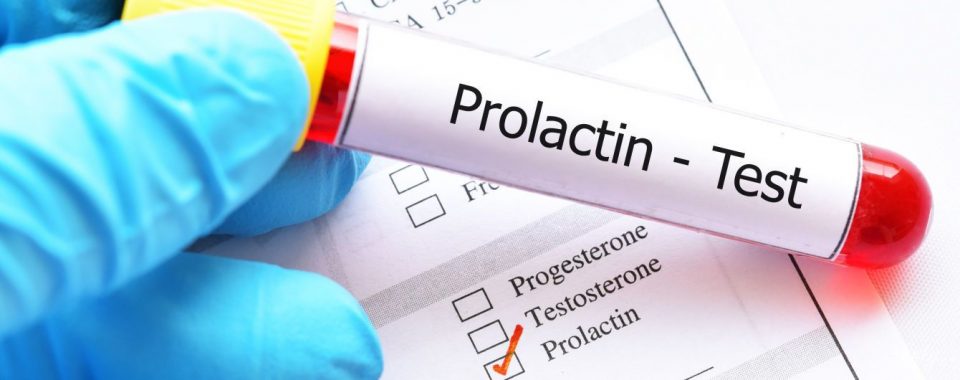Most often, a blood test for prolactin is prescribed by gynecologists, mammologists and, of course, endocrinologists, for different types of menstrual irregularities, chest pain, discharge from the chest (mastalgia, mastopathy), weight gain. In many patients, the level of this hormone is elevated from moderate to very high values. But with these results, not everything is so simple (and the figure is different).
Prolactin is a hormone of the pituitary gland (the main endocrine gland). It regulates, first of all, the reproductive function (childbirth), affects all types of metabolism (therefore, it is taken with excess weight) in both men and women.
Increased prolactin can cause structural changes in the mammary glands, pain (especially in the second phase of the cycle) and discharge, lead to mastopathy, fibrosis, adenomas.
Increased prolactin is a fairly common cause of ovulation disorders and the absence of pregnancy.
In women, it is especially important, since it is the main hormone that ensures the feeding of the baby (lactation) after childbirth!
The most common cause of an increase in prolactin is stress, which is why it is also called the “stress hormone”. Often, its increase is stimulated by long-term use of oral contraceptives. Sometimes prolactin increases with hypothyroidism (lack of thyroid hormones) along with an increase in TSH (thyroid stimulating hormone – the main thyroid hormone). In this case, hypothyroidism is first treated, and then a control analysis of the prolactin level is carried out.
Much less often, a pituitary tumor is the cause of an increase in prolactin. Microprolactinoma – if it is less than 1 cm, or Macroprolactinoma – if more than 1 cm). These tumors are always benign! To exclude prolactinoma with a prolactin figure of more than 1000 mIU / ml, an MRI of the pituitary gland is shown in a 2-3-fold analysis (to search for a tumor). But prolactin can be increased accidentally (transiently), and not constantly, in this regard, when passing an analysis for prolactin, it is important to observe the following conditions:
you can take the analysis on any day of the cycle, and not on the days of the cycle, as in the “old” recommendations;
strictly on an empty stomach (hunger for at least 8 hours!), in the morning, until 9.00-10.00, but not immediately after sleep (1 hour after sleep);
per day you need to exclude alcohol, sex, physical activity;
at temperature, prolonged stress, it is better not to take the analysis, (to pass in 2 weeks).
In the analysis, not only total prolactin is determined, but also macroprolactin (inactive form) monoprolactin (active form), in order to determine the tactics of treatment.
If prolactin increases during treatment with antidepressants, psychostimulating drugs, when taking OK, taking “gastric” drugs – this is still an indication for the treatment of increased levels of prolactin.
Treatment can take from 3-6 months, with prolactinomas https://en.wikipedia.org/wiki/Prolactinoma – several years.
